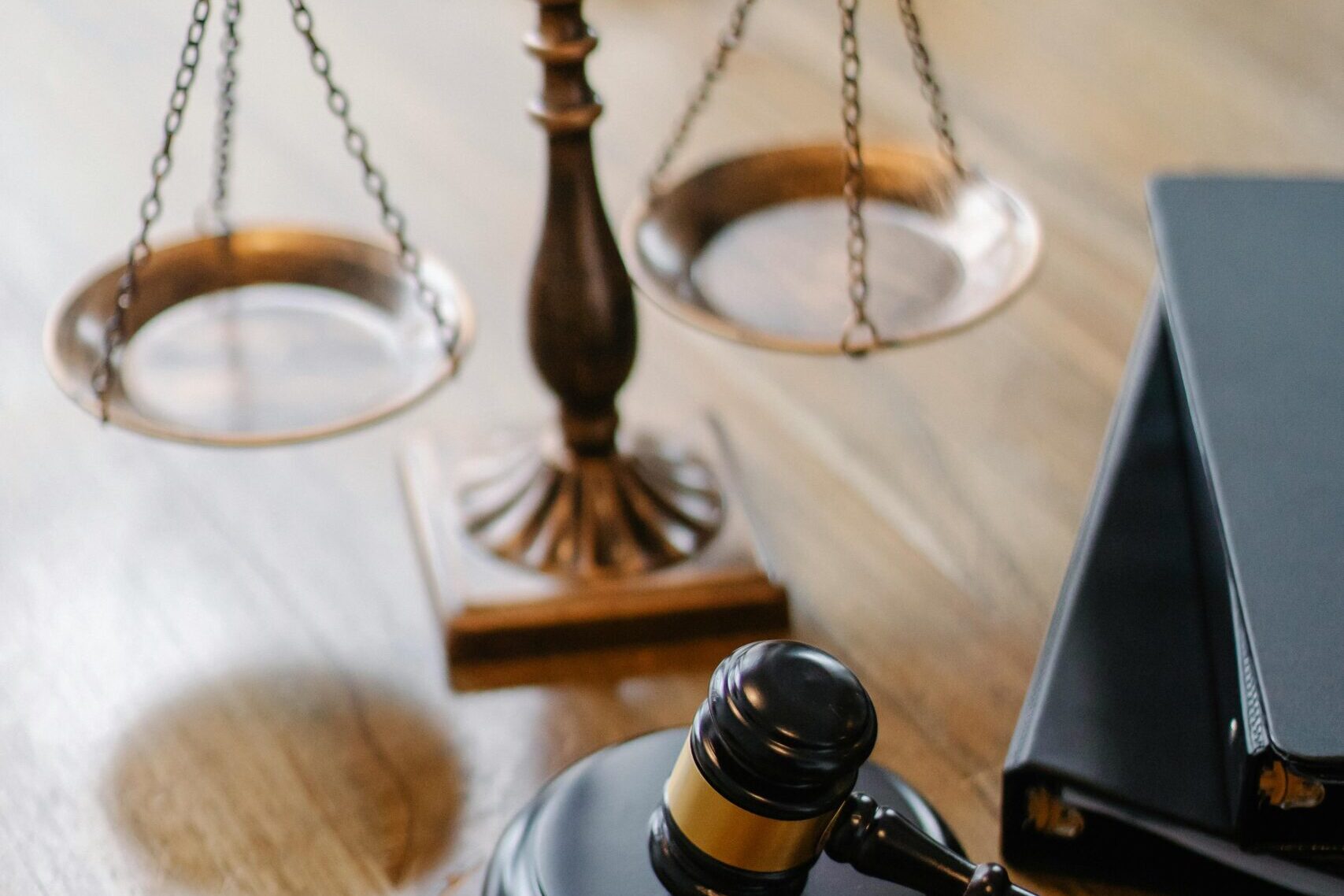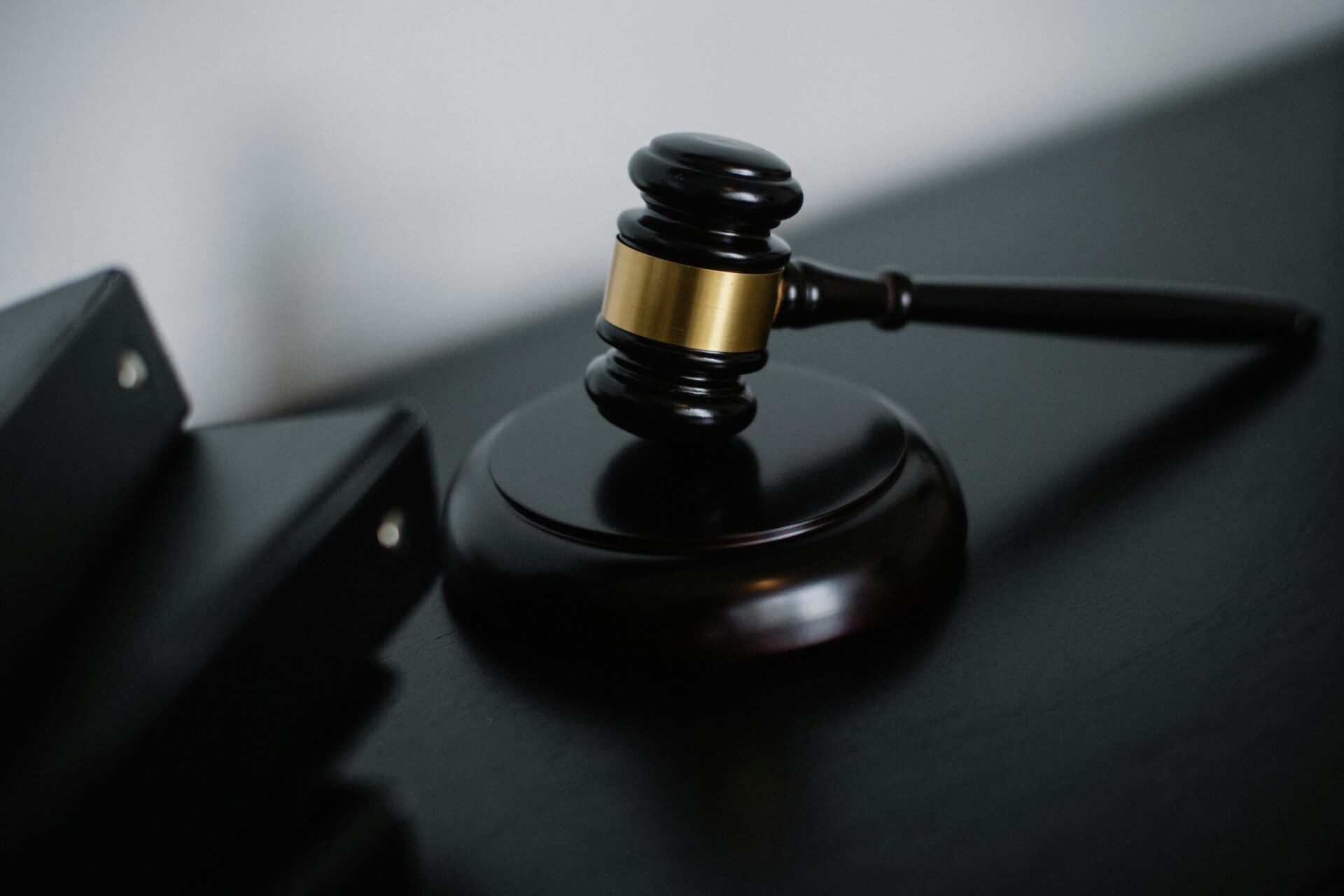FDCPA and CFDCPA in practice
Today we are taking a look at what is allowed when communicating with a consumer debtor.
1. Acquisition of location information. Under 11 U.S.C. §1692b, a debt collector communicating with any person other than the consumer for the purpose of acquiring location information about the debtor shall –
(1) Identify himself, state that he is confirming or correcting location information concerning the consumer, and, only if expressly requested, identify his employer;
(2) Not sate that such consumer owes any debt;
(3) Not communicate with any such person more than once unless requested to do so by such person or unless the debt collector reasonably believes that the earlier response of such person is erroneous or incomplete and that such person now has correct or complete location information;
(4) Not communicate by post card;
(5) Not use any language or symbol on an envelope or in the contents of any communication effected by the mails or telegram that indicates that the debt collector is in the debt collection business or that the communication relates to the collection of a debt; and
(6) After the debt collector knows the consumer is represented by an attorney with regard to the subject debt and has knowledge of, or can readily ascertain, such attorney’s name and address, not communicate with any person other than that attorney, unless the attorney fails to respond within a reasonable period of time to communication from the debt collector.
2. Communication with the Debtor. 15 U.S.C. §1692e – A debt collector is prohibited from communicating with a consumer “at any unusual time or place” defined as before 8:00 a.m. and after 9:00 p.m. A debt collector is prohibited from communicating with a consumer at the consumer’s place of business. If the consumer notifies the debt collector in writing that the consumer refuses to pay the debt and to cease all further communications, the debt collector is prohibited from further contact.
3. Collection Letters. The FDCPA (15 U.S.C. 1692a(2)) and the CFDCPA (§12-14-105, C.R.S.) require the following notice in consumer debt collection letters that are the “initial communication:
“This is an attempt to collect a debt. Any information obtained will be used for that purpose. Unless you dispute the validity of the debt, or any portion thereof, within thirty (30) days after receipt of this letter, we shall assume the debt to be valid. If you notify us in writing of your dispute within the 30-day period, we will obtain verification of the debt or judgment and will mail you a copy. Upon your written request within the 30-day period, we will provide you with the name and address of the original creditor if different from the current creditor. We may proceed with suit against you without waiting the 30 days if so requested by our client. A Consumer has the right to request in writing that a debt collector or collection agency cease further communication with the consumer. A written request to cease communication will not prohibit the debt collector or collection agency from taking any other action authorized by law to collect the debt.”
FOR INFORMATION ABOUT THE COLORADO FAIR DEBT COLLECTION PRACTICES ACT, SEE http://www.coloradoattorneygeneral.gov/departments/consumer_protection/uccc_cab.
Tun in next time for more FDCPA and CFDCPA considerations when collecting a debt from consumers.
By: Jean C. Arnold, Esq. Copyright 2013. Arnold & Arnold, LLP







